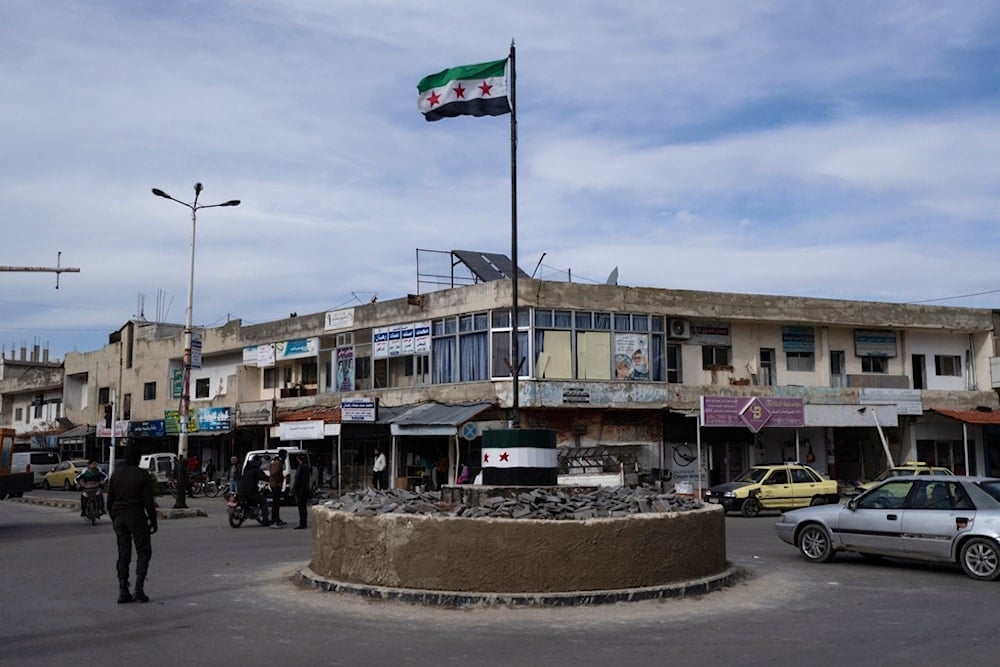ICRC to boost Syria aid beyond $100M, focus on health, infrastructure
Efforts to rehabilitate the country's electricity infrastructure have begun, but progress has been hindered by limited financial resources and restrictions on importing necessary equipment.
-

Cars drive past a roundabout hoisting the new Syrian flag after the ousting of the al-Assad regime, in Salam City, formerly called Baath City after the ruling party, in Quneitra, Syria, Sunday, Jan. 5, 2025. (AP)
The International Committee of the Red Cross (ICRC) has announced plans to significantly scale up its operations in Syria, addressing urgent needs in health, water, and electricity infrastructure. This follows new access to regions across the country after the recent ouster of President Bashar al-Assad.
Speaking during a visit to Syria, ICRC President Mirjana Spoljaric revealed that the organization would exceed its initial $100 million allocation for 2025. "Our programme originally for this year for Syria was $100 million, but we are likely to expand that significantly," she told Reuters, stressing the critical challenges faced by local communities.
According to the United Nations Office for the Coordination of Humanitarian Affairs (OCHA), Syria requires $4.07 billion in aid this year, yet only 33.1% of the needed funds have been secured. This leaves a shortfall of $2.73 billion, intensifying the need for increased international assistance.
Rebuilding water, power infrastructure
Spoljaric noted that donor countries have already stepped up to boost contributions, enabling the ICRC to enhance its ongoing efforts. The organization has been one of the few to maintain operations in Syria during al-Assad's rule, focusing on projects such as water and power system rehabilitation. "We need to expand that work, we have a lot to do in the health sector," she added.
The ICRC has been working to restore water supply levels to 40–50% of pre-war capacity, but maintaining and protecting facilities remains a challenge. Some critical sites, including those near the Euphrates Lake, are located in areas still experiencing conflict.
Read more: 'Israel' expanding operations in southern Syria toward key dams
Efforts to rehabilitate the country's electricity infrastructure have begun, but progress has been hindered by limited financial resources and restrictions on importing necessary equipment. "Certain spare parts need to be allowed to come in because that is also hampering the rehabilitation work at the moment. So there's a political dimension to it," Spoljaric explained.
Sanctions relief
Meanwhile, discussions about easing sanctions to support humanitarian efforts are underway. Sources have indicated that the US plans to relax restrictions on aid and essential services, such as electricity, while maintaining its broader sanctions framework.
Syria's new Islamist leadership has urged the US to lift sanctions entirely, arguing that they obstruct the country's recovery. During a visit to Qatar, Syrian officials described the sanctions as a major obstacle to rebuilding efforts.
Read more: West testing Syria's new government ahead of sanctions decision: WSJ

 3 Min Read
3 Min Read








